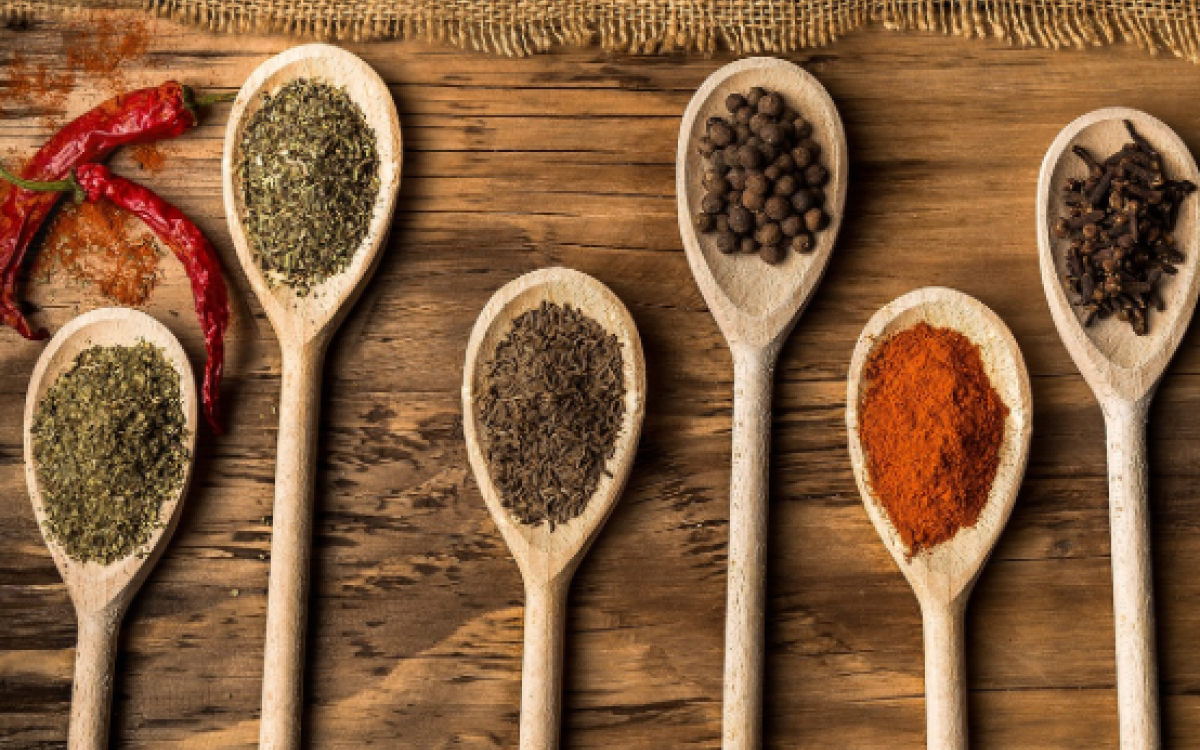At a glance
This project aims to empower individuals by teaching essential kitchen skills, addressing fears that prevent many from cooking… Read full summary
- Funding received
- 2019-2020
- Mini
- Awarded
- $2,175
- Funding partners
-
- Services and Activities Fee (SAF)
- UW Resilience Lab (UWRL)
This project aims to empower individuals by teaching essential kitchen skills, addressing fears that prevent many from cooking at home. By offering a culinary nutrition science seminar series, led by student peer educators and in collaboration with Chef Matthew Lasof, the goal is to build confidence in the kitchen and promote sustainable health practices. The program will focus on skills like food safety, budget cooking, and using local ingredients, while also aligning with the UN Sustainable Development Goals (SDGs) for Zero Hunger (Goal 2) and Decent Work and Economic Growth (Goal 8). The initiative seeks to create a sense of community, provide job opportunities for students, and foster lifelong learning about food preparation.
Being able to feed oneself is an essential life skill and research shows that while cooking at home is finally trending upward, we still have a long way to go. Despite the fact that Instagram was recently inundated with numerous home baking efforts during our collective stay-at-home orders, the anecdotal evidence doesn't reveal all of the failures that were amassed along the way. In reality we have become a nation that doesn't cook. Instead we rely heavily on food delivery, processed foods, and eating out. Why is this? I believe it is often from fear. Fear is what sequesters people from their kitchens. There are fears of failure, fears of new ingredients, fears of waste, fears of embarrassment, and a fear of getting hurt. As adults we gravitate to spaces and activities that make us feel safe and competent. The kitchen has lost the status of being such a place.
A primary goal in teaching of food science and culinary arts together is to increase student's selfefficacy in the kitchen. Kitchen know-how is exponential. Each new skill that is acquired, flavor that you are introduced to, or advances in your understanding of how an ingredient behaves adds layers to your total kitchen literacy. Once culinary exploration starts, and success is tasted, it most often leads to a lifelong dedication to learning how to feed oneself and others more deliciously.
Our goals in this project are to offer a platform for community building and connectedness, available to all who have access to an internet connection, and to promote acquisition of life-skills that will contribute to sustainable health throughout the lifespan. We will accomplish those goals by establishing a culinary nutrition science seminar series based on student peer teaching. In cooperation with Chef Matthew Lasof, of UW Dining, we envision a culinary education program that can be accessed by many hundreds of students each year. We want to put together a curriculum that will train student culinary instructors to teach basic kitchen skills and food safety with a smattering of food science and nutrition knowledge to other students at a low cost, utilizing the technology they know best, Y ouTube. In addition to the basics, some other topics might include: shopping at farmer's markets, dorm cooking, cooking on a budget, leftover bonanza, using herbs and spices, processing a whole chicken for maximum flavor and multiple meals, bread making 101.
Learning to cook in a delicious and healthful manner speaks to at least two of the UN Sustainable Development Goals. Goal 2: Zero Hunger, encourages us to keep domestic supply chains moving by wasting less food and supporting local farmers. As part of our educational videos we will highlight where the ingredients come from and links to local farmers who produce the ingredients. Goal 8: Decent Work and Economic Growth includes a target of creating job opportunities for youth using creativity and innovation. Work in this project will guide students in producing creative and innovative videos while both acquiring and demonstrating skills that can be used in the workforce. Additionally, this project would bring students together to create community, be trained as peer educators, and build resilience by giving students an essential life skill. Having spent the bulk of our lives and careers in and around food and kitchens, Chef Matthew and I know that food is one of the strongest connectors for people from every corner of the planet. Once we enter the kitchen, we are all eaters. Help us help the UW community by Whipping Up Some Resilience in the Kitchen.
Anne Marie Gloster
Project lead
- agloster@uw.edu
- Affiliation
- Faculty
Chef Mathew Lasof
Team member
- mlasof@uw.edu
- Affiliation
- Staff
